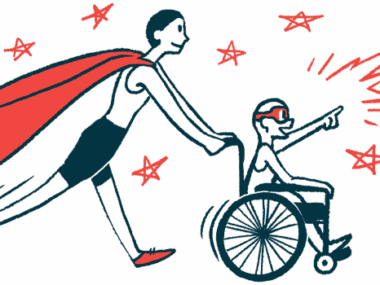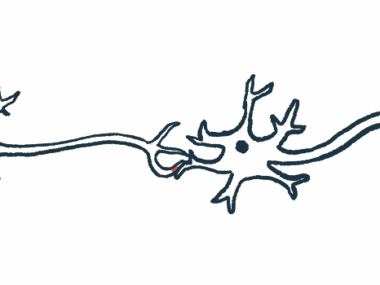Oral Cannabidiol Epidyolex Approved in Europe as Add-on Treatment for Dravet, Lennox-Gastaut Syndromes
Written by |

The European Commission has approved Epidyolex (cannabidiol) as an add-on therapy to clobazam (brand names Onfi and Sympazan) for the treatment of seizures associated with Dravet syndrome and Lennox‑Gastaut syndrome (LGS) in patients 2 and older.
This decision, which follows the favorable opinion of the Committee for Medicinal Products for Human Use — an arm of the European Medicines Agency (EMA) — is valid in all 28 E.U. member countries, along with Norway, Iceland, and Liechtenstein. The U.S. Food and Drug Administration had reached a similar decision to approve the treatment, under the brand name Epidiolex, in June 2018.
GW Pharmaceuticals’ Epidyolex is a purified and oral form of cannabidiol (CBD), the most common non-psychoactive cannabinoid compound in the cannabis plant. CBD is able to mimic natural compounds by acting on brain receptors, which may cause seizures when faulty.
“The approval of Epidyolex marks a significant milestone, offering patients and their families the first in a new class of epilepsy medicines and the first and only EMA-approved CBD medicine,” Justin Gover, GW’s CEO, said in a news release. “We believe patients and physicians deserve access to rigorously tested and evaluated cannabis-based medicines, manufactured to the highest standards and approved by medicines regulators.”
Isabella Brambilla, chairman at the Dravet Syndrome European Federation, said: “the approval of [Epidyolex] is an important milestone for patients and families whose lives are significantly impacted by these rare, complex and life-long forms of epilepsy.”
“We are very happy that patients will now have access to a much-needed, new treatment option, and one routed through a rigorous clinical trials program and licensed by the EMA,” she added.
The decision was based on results from three Phase 3 trials (NCT02091375, NCT02224703, and NCT02224560) and the GWPCARE5 open-label extension study (NCT02224573), which included participants with either Dravet or LGS — two difficult-to-treat two forms of childhood-onset epilepsy.
The extension study showed that treatment with Epidyolex eased the frequency of convulsive seizures by 38%–44%, and all seizures by 39%–51%. It also improved overall health and clinical status in approximately 80% of patients at one year of treatment, as assessed with the Subject/Caregiver Global Impression of Change score.
Epidyolex was well-tolerated, with the most frequent adverse reactions being sleepiness, decreased appetite, diarrhea, fever, fatigue, and vomiting. Serious adverse events were found in 29% of patients, with 8% deemed to be associated with the medication.
“LGS and Dravet syndrome are two of the most severe and difficult-to-treat forms of childhood-onset epilepsy, with few patients achieving adequate seizure control,” said Elinor Ben-Menachem, MD, PhD, a professor at the University of Goteberg, in Sweden, and a member of the board of directors of the American Epilepsy Society.
“The EMA approval of Epidyolex will bring hope to patients and families, with the potential to better control seizures and improve quality of life,” she said.





